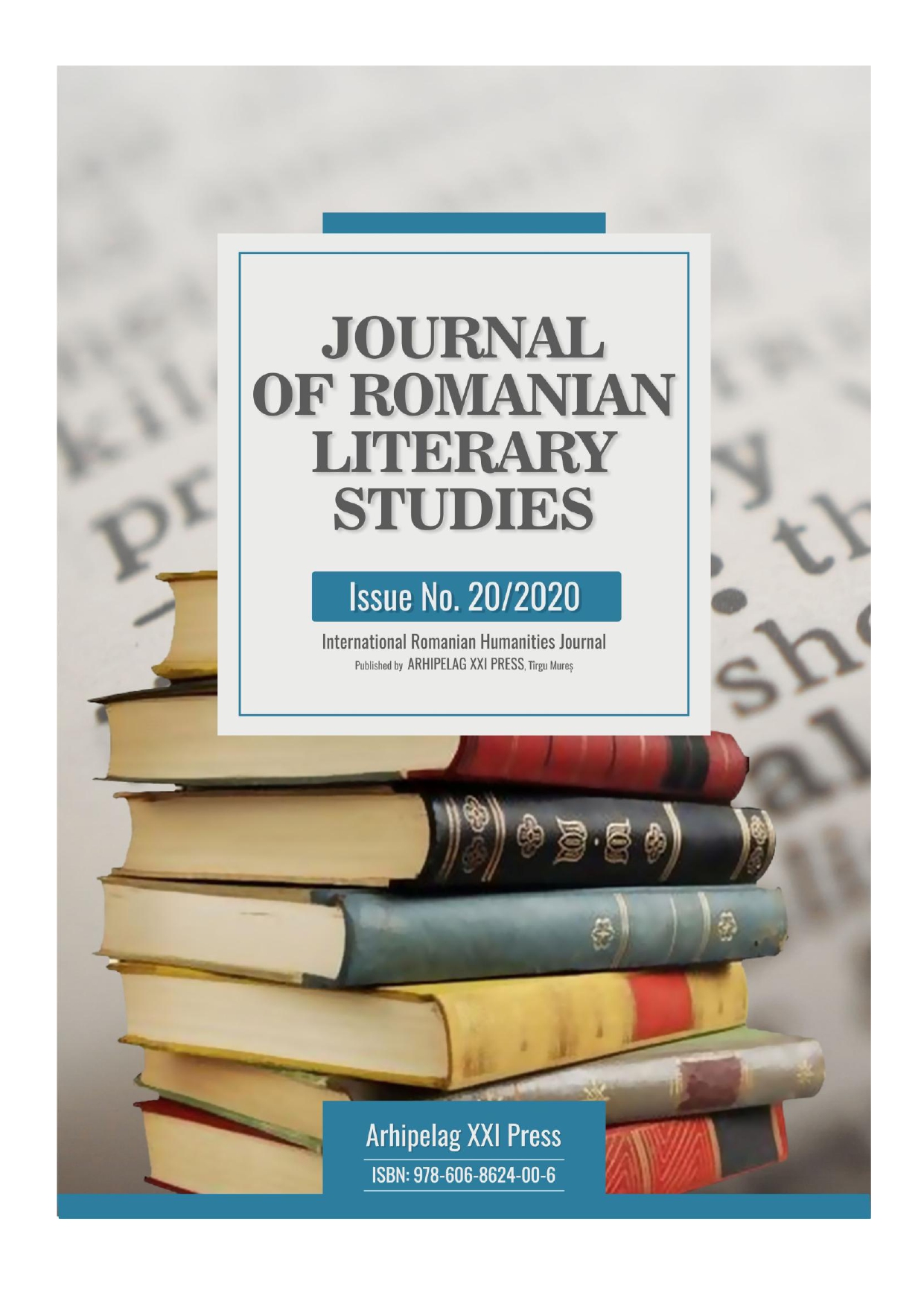THE MILITANT VISION IN THE LYRICISM OF ADRIAN PAUNESCU
THE MILITANT VISION IN THE LYRICISM OF ADRIAN PAUNESCU
Author(s): Manuela PinteaSubject(s): Poetry, Romanian Literature, Philology, Theory of Literature
Published by: Editura Arhipelag XXI
Keywords: militant lyricism; expression; voice of the poet; feelings; messianic;
Summary/Abstract: The militant lyricism in Adrian Paunescu’s poetry implies a different attitude in comparison with the other’s in 1960, when the poet was contemplative, having an attitude of admiration toward the world that surrounded him. The poet is complex in all his poetry creation taking on easily a diversity of themes like love, the present condition, the hypostasis of a hard worker, devotion, the parent’s image. Published in 1971 “Istoria unei secunde” represents the maturing moment of the lyricism , the moment of semnificative change in Adrian Paunescu’s poetry. The wavering atmosphere which we met in his previous volumes, is substituted with a stable attitude, militant and brave. We assist at the emergence of the sentimental comfort of the free game of words and we pass through to a new register in which another poetic hypostasis is revealed to us. “Istoria unei secunde” is an event with many semnfications, having consequences towards the fecund development of the text. In the new posture the creator assumes the role of the spokesman of the tables, meant to awake the deep feelings of love, of awareness, of the necessity of the word. The poet appropriates his destiny, he assumes the risks and he wishes to shape souls through expression. With this sense the poem that opens the volume is illustrative. Being aware of the danger that the direct expression implies or masks the expression of his own ideas, the poet has a tiny moment of hesitation and searches an accomplice or more in his attempt to win against the censorship . The questions remain unanswered, from the crowded market, no one volunteers to support his braveness, that is why the writer sees himself as being alone and decides to go on his own journey. So, seeing himself alone he adopts a sober attitude, a specific severity and a civic commitment, becoming the citizen poet, representative of his time. The poem, most of it patriotic, is crossed by the national thrill, the creator, even if he is placed in a turbid time, he accepts to be in the middle of the people, trying to get to know their destiny. Being a book for mature people “Istoria unei secunde” gets to clarify and justify the true value of the poe. He becomes a tireless person who went out in the world to make himself hear and to convey his message to all the people that could hear it. The text is full of fervor, the poem is militant, having a sharp on edges phrase : The Eulogy that brings to the country implies the vibrant attitude in which he expresses his appurtenance and contests the injustice when the country is, the glorious past, the great history contests the present, the actual danger. On this idea the poet will adopt a front side attitude, revolting one, expressed directly .He identifies himself with the nation his part of, he is one of the most, and he becomes the voice of the tables. His consummate patriot, he loves his country, he adores it, mirroring it with extensive and plastic descriptions . The sacredness of his native place is also illustrated in the poem “Riuri”; the country is the image of the sublime, and it gets ancestral dimensions. All in all the poet is aware of the tragic destiny of his nation and of the need to be situated under the spectral of divinity.
Journal: Journal of Romanian Literary Studies
- Issue Year: 2020
- Issue No: 20
- Page Range: 1001-1006
- Page Count: 6
- Language: Romanian

